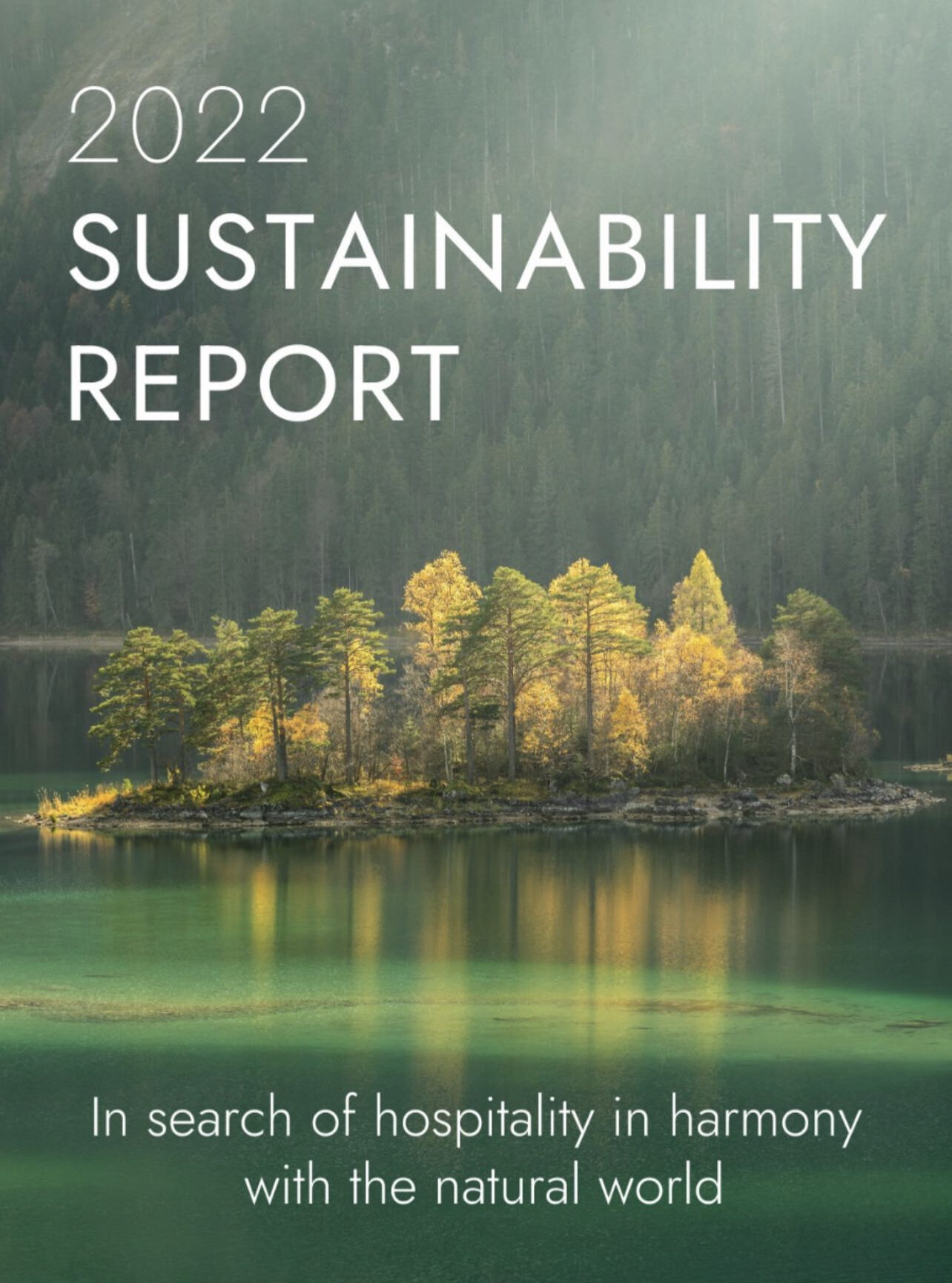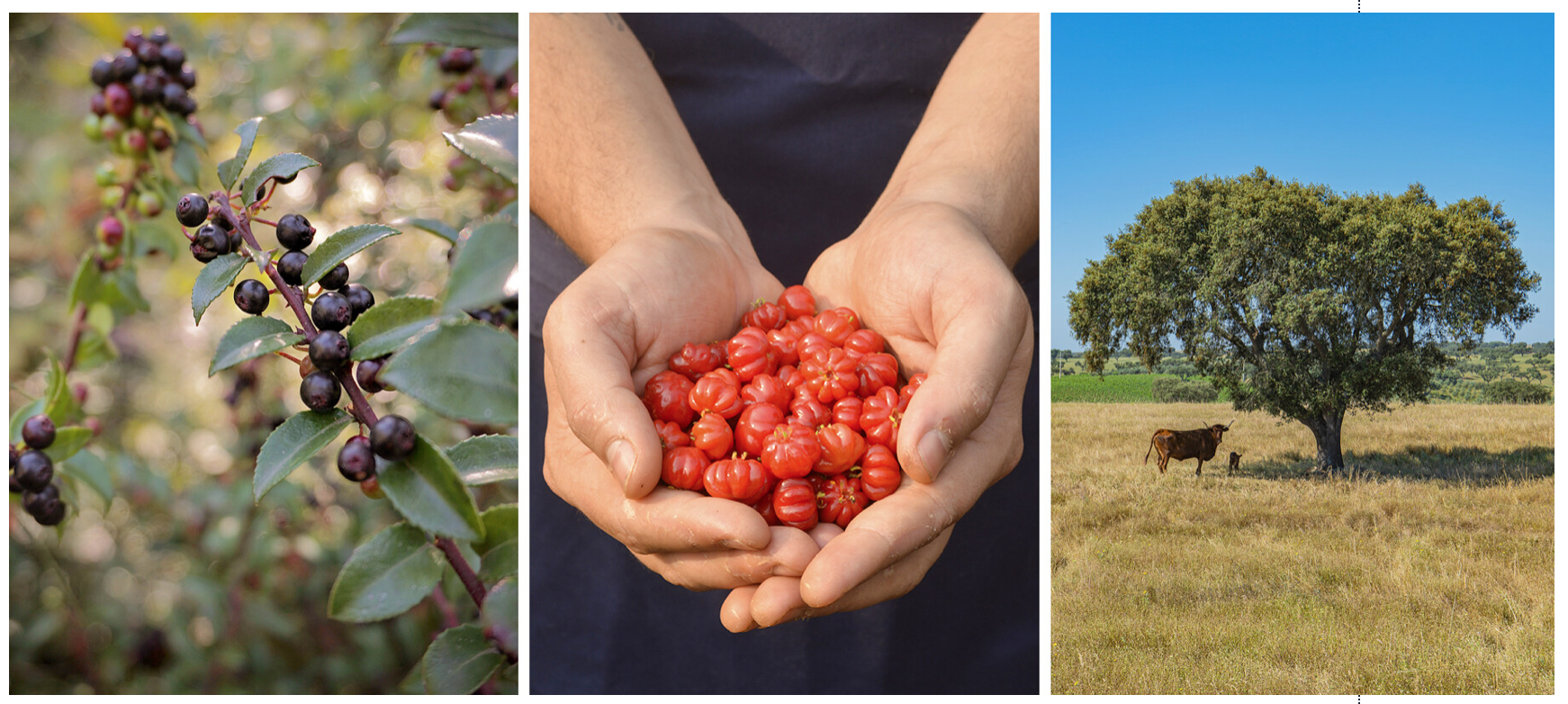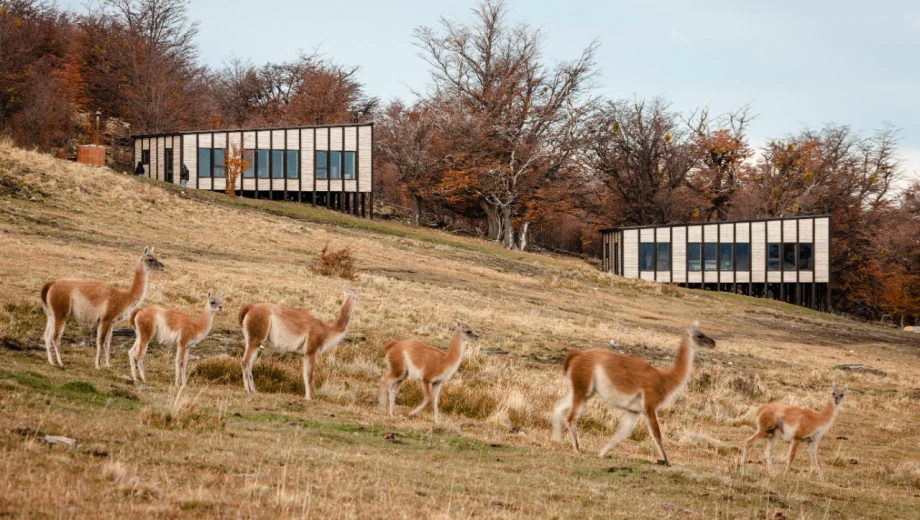Relais & Chateaux, the association of 580 hotels and restaurants worldwide (including Awasi Atacama, Patagonia and Iguazu), has published its first sustainability report.
With data gathered via operation and consumption surveys taken by all its members during 2022, the report examines the environmental and social impact of its member properties, and sets 15 goals to meet by 2030.
Furthermore, it aims to highlight the positive contribution that the group’s chefs, hoteliers and independent restaurants can have on the environment, diversity and local communities and economies.

Relais & Châteaux has a long-standing commitment to sustainability:
For a Better World
In 2014 Relais & Chateaux announced its Vision with 20 “For a Better World” commitments at UNESCO to ‘preserve the diversity of cuisines and hospitality, share our passion for all that is good and work together to create a more humane world.”
Moving Forward
Since 2015, the association has been monitoring the progress of its members in terms of responsible purchasing, conscious sourcing, biodiversity conservation, social policies, community empowerment and cultural heritage preservation through its internal platform, called “Moving Forward”.
Ethic Oceans
In addition, the association, which has been in partnership with “Ethic Oceans” since 2009, regularly unites its members around actions in favor of the environment (such as World Oceans Day and Food for Change).

This reporting process will be carried out annually, which will allow Relais & Chateaux to measure and track the progress of each of the properties. This will build momentum toward defined goals and help support more members to meet the existential challenges of the 21st century.
15 Objectives before 2030
Within these pillars, the following objectives are covered:
1) Carbon Footprint Measurement: Raise the percentage of properties that have carried out the carbon footprint assessment to 50% in 2025 and 100% in 2030. Currently it is only 12% of the properties made that measurement.
2) Measurement and reduction of energy consumption: Ensure that all properties have their annual electricity consumption monitored and implement a plan to reduce it. Current: 70% – Target: 100%.
3) Incorporation of renewable energy sources: Solar, wind, geothermal, etc. Current: 3% – Target 25%.
4) Water: Get more properties to monitor your water consumption and implement a plan to reduce your consumption. Current: 45% – Target 100%.
5) Biodiversity: Percentage of properties that manage some of their green areas (forest, forest, ponds, etc.) to improve biodiversity conservation. Current 73% – Target 100%.
6) Responsible Purchases: Percentage of properties that have removed (a) single-use plastic toiletries/toiletries in the bathrooms and (b) single-use plastic straws, bottles and cups throughout the property. Current 75% – Target 100%.
7) Healthy and sustainable food: While almost 90% of properties use organic, local or seasonal vegetables, we want to measure the percentage of properties that all three buy together. Percentage of properties that use only local organic seasonal vegetables.
8) Animal Welfare Standards: Percentage of properties that request and verify that their farmers/producers/suppliers comply with the five welfare standards of the World Organisation for Animal Health.
9) Food waste: Percentage of properties in which food waste is collected separately and composted on-site or off-site.
10) Gender equality: Percentage of women in leadership positions. Current 42% – Target 50%.
11) Inclusion and diversity: Percentage of properties that have a policy of Equality, Diversity and Inclusion. Current 53% – Target 100%.
12) Trainings: Percentage of establishments that have carried out a training dedicated to the policy of Equality, Diversity and Inclusion. Current 27% – Target 100%.
13) Nutrition: Percentage of establishments that provide employees with a balanced and healthy diet. Current 69% – Target 90%.
14) Local Community: Percentage of properties that support socially or environmentally committed local businesses. Current 71% – Target 90%.
15) Geotourism: Percentage of establishments that educate and involve their guests in the protection of cultural heritage and geotourism. Geotourism adds to the focus of ecotourism on plants (flora) and animals (fauna) by adding a third dimension to the abiotic environment. Current 45% – Target 65%.

Awasi Patagonia – Relais & Chateaux
Awasi is among the properties that take the most active initiatives, mainly thanks to our carbon neutral status, the conservation of the environments in which our lodges are located and our employment policies.
However, we aspire to continue improving in all aspects covered by this report.

Our lodges are located in places of natural beauty. Atacama, Chile, by Luciano Bacchi: http://www.lucianobacchi.com
As Matias de Cristobal, who was interviewed as part of the report, says:
“Our three properties became carbon neutral in 2021 because we believe it is fundamental to our future. I hate the phrase ‘Let’s save the planet’. It seems to me to be human arrogance. As if the planet needed humans and we humans were here to save it. At most, we can save ourselves and preserve the natural ecosystems that sustain us. At Awasi we invest in conservation because we believe in it, because we believe that keeping culture and nature alive is key to the human experience.”
The report is available in full to download on the Relais & Chateaux website.




